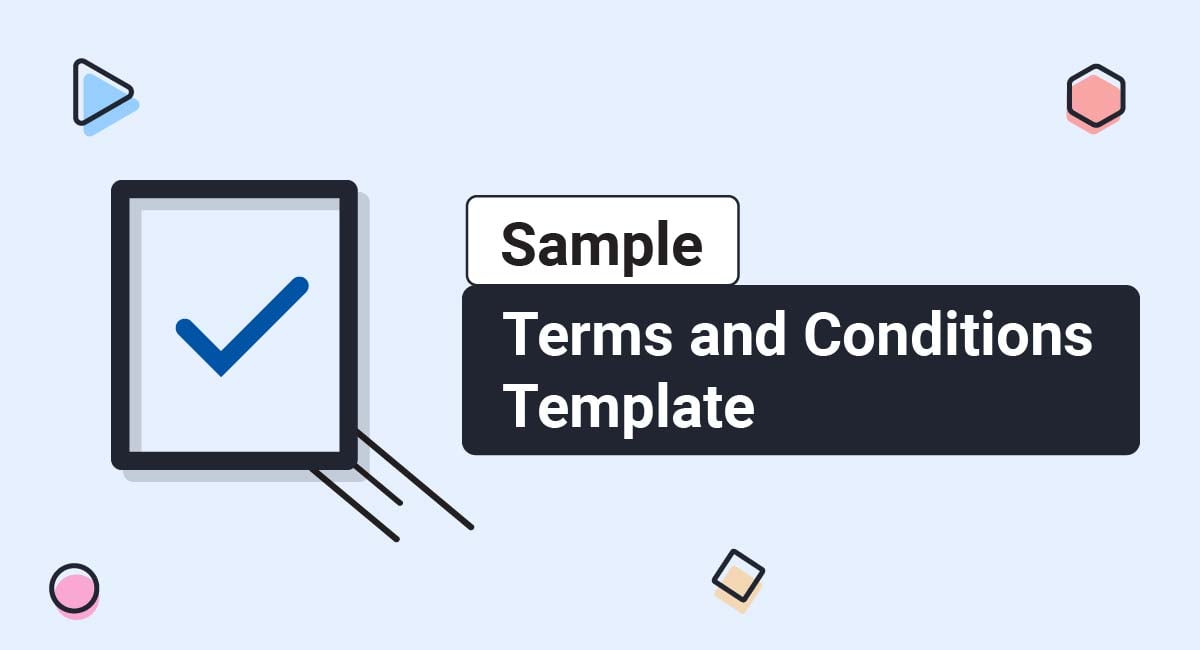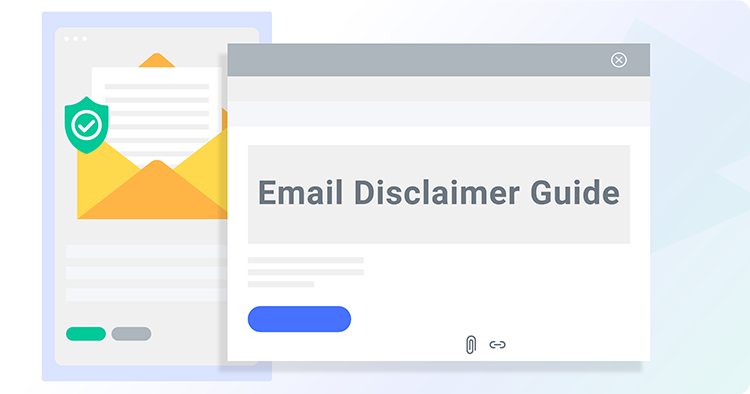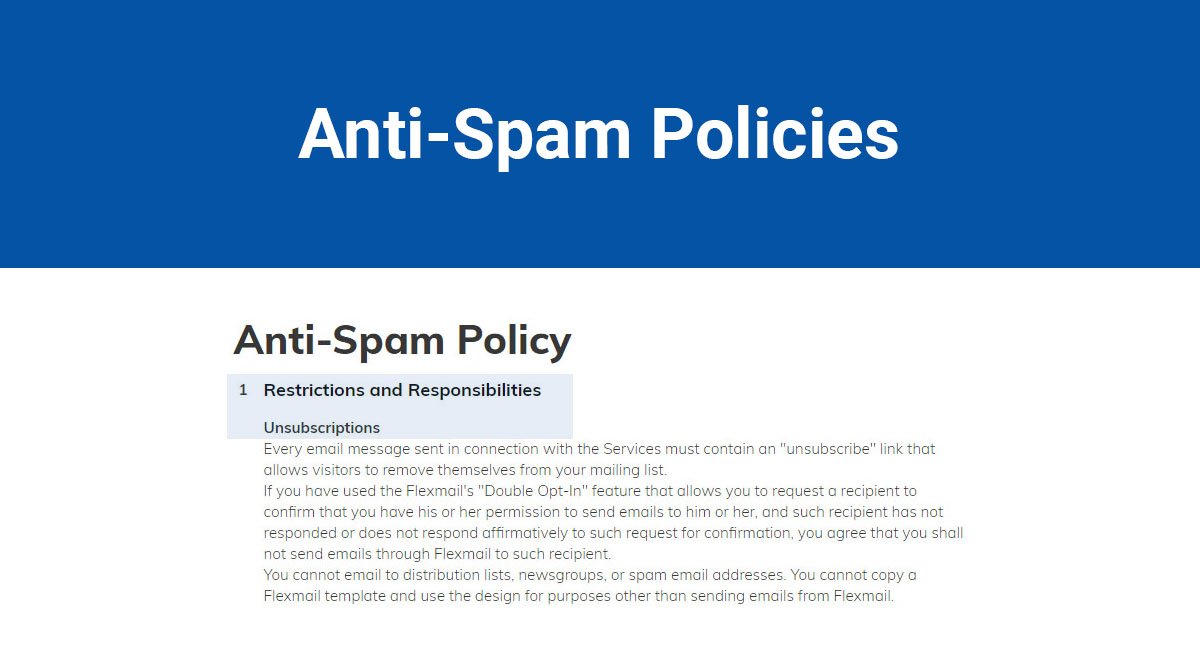Summary
The overwhelming consensus from experts, marketers, and documentation is that adding a clause to terms and conditions asking users not to report spam is generally a bad idea and ineffective. Users will likely still mark emails as spam for various reasons, regardless of any contractual agreements. High spam complaint rates negatively impact sender reputation and deliverability, and these organizations use spam complaints to improve their products. A 'no spam' clause provides no legal protection. The best approach is to obtain explicit consent, provide easy unsubscribe options, and focus on sending relevant, valuable content.
Key findings
- Ineffective Clause: Adding a 'no spam' clause is unlikely to deter users from reporting unwanted emails as spam.
- Reputation Damage: Spam reports damage sender reputation and can lead to emails being blocked by ISPs.
- User Behavior: Users often mark emails as spam because it’s easier than unsubscribing or they don't remember opting in.
- Terms Ignorance: Most users don't read terms and conditions, rendering any clause within them ineffective.
- Legal Questionability: Enforceability depends on user awareness of the clause when agreeing to the terms.
- Data is used to improve ESPs: ESPs use spam markings to improve the product and stop more malicious senders.
Key considerations
- Consent & Permission: Ensure explicit consent and permission before sending emails to avoid being perceived as spam.
- Easy Unsubscribe: Provide a clear and easily accessible unsubscribe option to reduce spam complaints.
- Relevance & Value: Prioritize sending relevant and valuable content to reduce the likelihood of users marking emails as spam.
- Reputation Management: Actively monitor and manage your sender reputation to identify and address potential deliverability issues.
- Legal Advice: Consult with a legal professional to understand the implications of adding such a clause.
What email marketers say
7 marketer opinions
The consensus is that adding a clause to terms and conditions asking users not to report spam is generally not a good idea and likely ineffective. Users will still mark emails as spam regardless of contractual clauses, primarily because they either don't read the terms, find it easier than unsubscribing, or genuinely perceive the email as unwanted. High spam complaint rates negatively impact sender reputation and deliverability.
Key opinions
- Ineffectiveness: A 'no spam' clause is unlikely to prevent users from marking emails as spam.
- Reputation Damage: Spam reports damage sender reputation and can lead to emails being blocked by ISPs.
- User Behavior: Users often mark emails as spam because it’s easier than unsubscribing or they don't remember opting in.
- Terms Ignorance: Most users don't read terms and conditions, rendering any clause within them ineffective.
- Legal Questionability: Enforceability depends on user awareness of the clause when agreeing to the terms.
Key considerations
- Sender Reputation: Prioritize building and maintaining a good sender reputation to avoid spam complaints.
- Easy Unsubscribe: Make unsubscribing easy and obvious to reduce the likelihood of spam reports.
- Permission Practices: Ensure clear consent and permission to send emails to avoid users forgetting they opted in.
- Alternative Strategies: Focus on improving email relevance and targeting to reduce spam complaints instead of relying on contractual clauses.
Marketer view
Email marketer from ActiveCampaign explains that people mark emails as spam for a number of reasons, and you shouldn't take it personally. They suggest that people often mark as spam because it's easier to find than the unsubscribe button or they simply do not remember signing up.
12 Dec 2023 - ActiveCampaign
Marketer view
Email marketer from WebmasterWorld responds that people don't read terms and conditions, they just agree to them to get to the next step. Adding a no-spam clause will not change their behavior.
16 Nov 2023 - WebmasterWorld
What the experts say
4 expert opinions
Experts generally agree that adding a clause to terms and conditions asking users not to report spam is not a good or effective idea. While one expert notes it may simply codify a "social contract," the consensus is that users who perceive an email as spam will still report it, rendering the clause useless and potentially damaging to sender reputation. Furthermore, some experts actively report unsolicited emails to ESPs, signaling a lack of permission.
Key opinions
- Ineffective Clause: Adding a 'no spam' clause is unlikely to deter users from reporting unwanted emails as spam.
- Lack of Legal Protection: Such a clause provides no legal protection against spam complaints.
- Sender Reputation Risk: Spam complaints, regardless of any terms, negatively impact sender reputation and deliverability.
- Active Reporting: Some experts actively report unsolicited emails, highlighting a lack of permission.
Key considerations
- Permission & Consent: Ensure explicit consent and permission before sending emails to avoid being perceived as spam.
- Easy Unsubscribe: Provide a clear and easily accessible unsubscribe option to reduce spam complaints.
- Focus on Relevance: Prioritize sending relevant and valuable content to reduce the likelihood of users marking emails as spam.
- Sender Reputation Management: Actively monitor and manage your sender reputation to identify and address potential deliverability issues.
Expert view
Expert from Email Geeks shares that there are a bunch of marketers that hate her because they will add her to their list and she will forward it right back to their ESP. She also mentions that they even tell other people that she actively signs up for lists and then reports them, and that she is known for that.
4 May 2023 - Email Geeks
Expert view
Expert from Email Geeks shares his opinion that including a clause in terms and conditions stating that users who requested the email and no longer want it should not report it as spam is not a good idea, but it's really just putting in writing the social contract of "If you asked for the email, don't want it any more and haven't asked to unsubscribe, don't report it as spam."
27 Mar 2022 - Email Geeks
What the documentation says
3 technical articles
Email service providers and anti-spam organizations like Spamhaus, Google, and Microsoft utilize spam complaints as key factors in determining sender reputation and email deliverability. High spam complaint rates can lead to blacklisting, reduced deliverability, and emails being routed to the junk folder. The ability for users to mark emails as spam is integral to these providers' systems for identifying and combating unwanted or harmful emails.
Key findings
- Spam Complaints Matter: Spam complaints are a major factor in determining sender reputation.
- Deliverability Impact: High spam rates negatively impact email deliverability.
- User Reporting is Integral: User-initiated spam reporting is a key mechanism for identifying and filtering unwanted emails.
- Thresholds Exist: Google recommends maintaining spam rates below 0.1% and avoiding rates above 0.3%.
Key considerations
- Proactive Reputation Management: Actively monitor and manage your sender reputation to avoid negative impacts from spam complaints.
- Compliance with Best Practices: Adhere to email marketing best practices to minimize spam complaints and maintain good deliverability.
- Respect User Preferences: Honor user preferences and provide easy unsubscribe options to avoid being marked as spam.
- Data-Driven Improvements: Analyze spam complaint data to identify areas for improvement in email marketing practices.
Technical article
Documentation from Microsoft responds that the users can mark the email as spam if they don't want to receive emails from the sender. When the user marks the email as spam, the email will be moved to the junk folder. This process helps Microsoft to learn about phishing and spam emails.
15 May 2024 - Microsoft
Technical article
Documentation from Spamhaus explains that Spamhaus uses spam complaints as one of the major factors to determine the reputation of the senders. The number of spam complaints impacts sender reputation and increases the chances of getting blacklisted.
25 May 2022 - Spamhaus
Are claims of 90 million email 'protestors' who do more than mark as spam accurate, and do ESPs sell data?
Are mailbox providers legally required to offer a mark as spam option?
How can I prevent bots from signing up for my newsletter and marking it as spam?
How can spam complaints and bad content choices impact email deliverability?
How do you get spam complaints?
How should I handle users who may have been opted-in to marketing emails without consent, and how to diagnose low open rates with high inboxing rates?







